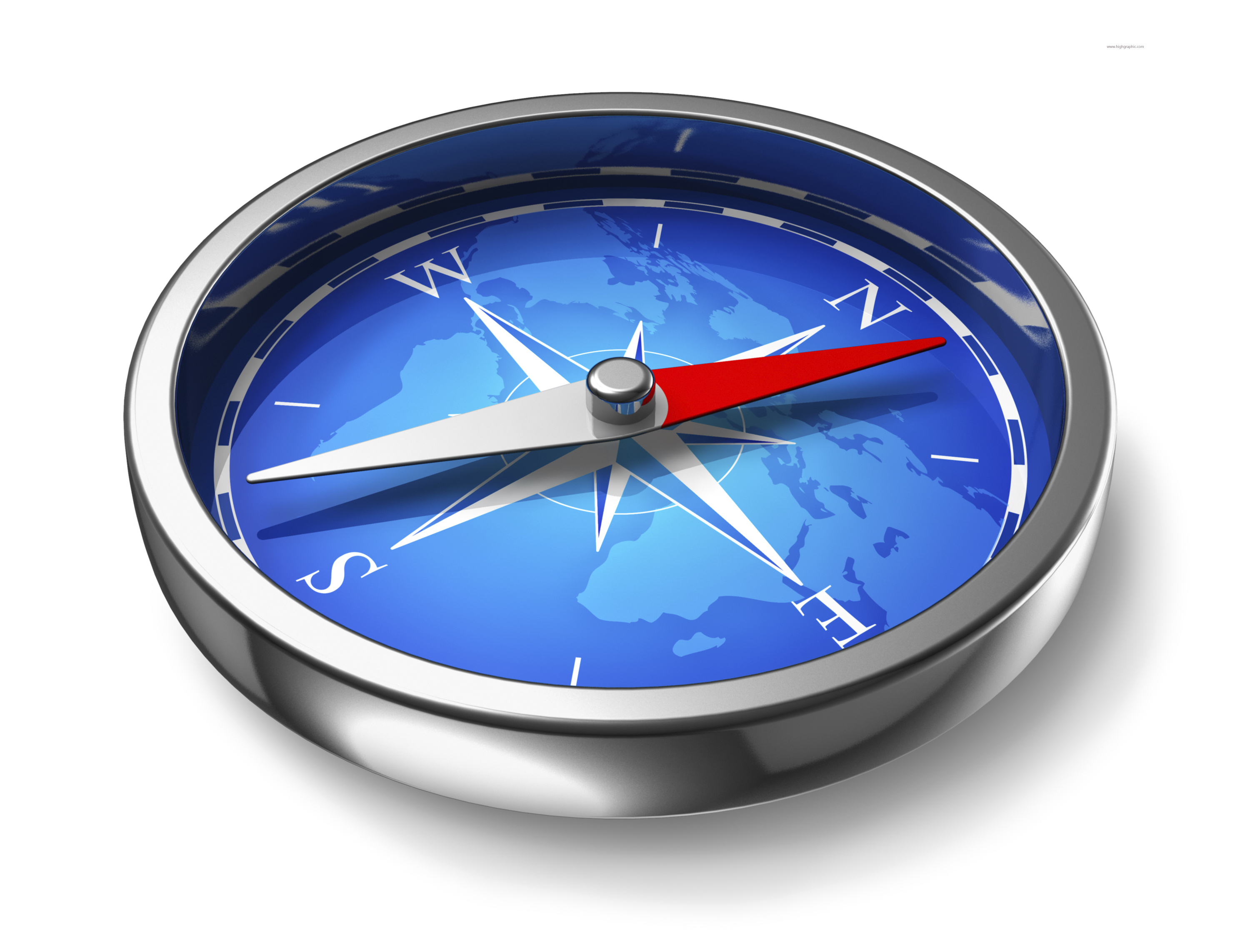I use a compass when I go geocaching (look it up). The compass helps me fulfill my mission of locating the hidden cache. Priorities are like a compass. If we follow them we will reach our intended destination. Jesus had clear priorities, but until recently I didn't think about God's priorities for the Messiah. His priorities are evident in the prophecies about the Messiah.
I've started a reading plan to take me through the Gospels in 30 days. On day 4 I read the following passages. I've highlighted the sections that jumped out at me. Before, when I read the list of prophecies Jesus fulfilled (in Matthew) I thought "O yeah, Jesus fulfilled OT prophecy" but I never thought about the CONTENT of the prophecy. In Mt. 4 the prophecy quoted says that the Savior would be concerned about the Gentiles and have a priority of shining light on those who have not seen the light.
Matthew 4:12-16 GNT
When Jesus heard that John had been put in prison, he went away to Galilee. He did not stay in Nazareth, but went to live in Capernaum, a town by Lake Galilee, in the territory of Zebulun and Naphtali. This was done to make come true what the prophet Isaiah had said, “Land of Zebulun and land of Naphtali, on the road to the sea, on the other side of the Jordan, Galilee, land of the Gentiles! The people who live in darkness will see a great light. On those who live in the dark land of death the light will shine.”
Jesus confirms his commitment to this priority by telling the people that God has chosen Gentiles in the past, and after he prayed, he set out to preach to those who had not yet heard, because "that is what God sent me to do."
Luke 4:25-27, 42-43 GNT
Listen to me: it is true that there were many widows in Israel during the time of Elijah, when there was no rain for three and a half years and a severe famine spread throughout the whole land. Yet Elijah was not sent to anyone in Israel, but only to a widow living in Zarephath in the territory of Sidon. And there were many people suffering from a dreaded skin disease who lived in Israel during the time of the prophet Elisha; yet not one of them was healed, but only Naaman the Syrian.” At daybreak Jesus left the town and went off to a lonely place. The people started looking for him, and when they found him, they tried to keep him from leaving. But he said to them, “I must preach the Good News about the Kingdom of God in other towns also, because that is what God sent me to do.”
In the encounter with the Samaritian woman Jesus brings the good news to a half breed woman of low reputation. And he tells his disciples to wake up, because harvest time is now. Many Samaritans believed. From the beginning, God's plan had a strong focus on non Jewish peoples. Jesus taught and lived those priorities.
John 4:34-42 GNT
“My food,” Jesus said to them, “is to obey the will of the one who sent me and to finish the work he gave me to do. You have a saying, ‘Four more months and then the harvest.’ But I tell you, take a good look at the fields; the crops are now ripe and ready to be harvested! The one who reaps the harvest is being paid and gathers the crops for eternal life; so the one who plants and the one who reaps will be glad together. For the saying is true, ‘Someone plants, someone else reaps.’ I have sent you to reap a harvest in a field where you did not work; others worked there, and you profit from their work.” Many of the Samaritans in that town believed in Jesus because the woman had said, “He told me everything I have ever done.” So when the Samaritans came to him, they begged him to stay with them, and Jesus stayed there two days. Many more believed because of his message, and they told the woman, “We believe now, not because of what you said, but because we ourselves have heard him, and we know that he really is the Savior of the world.”

No comments :
Post a Comment